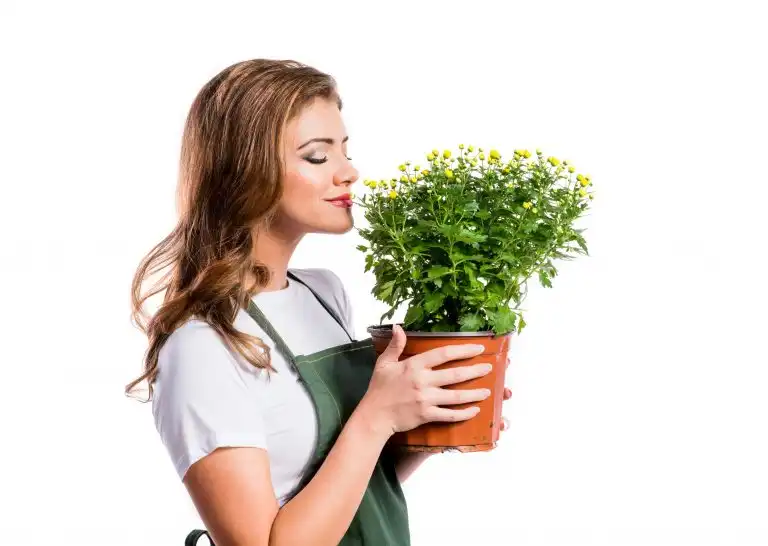Many people take pride in their gardens. Gardening is not only enjoying the smell of fresh flowers but can also be an effective way to improve your health.
Gardening be an effective form of workout, but it can also benefit your mental health too. Spending time outside can help reduce depression, anger and stress. Furthermore, gardening is good for you as it can help reduce the risk of diseases such as stroke and osteoporosis as well as improving your immune system.
1. Reduced risk of stroke
According to research gardening can help reduce the risk of a heart attack or stroke. When looking at the age group 60+ gardening can help prolong life by up to as much as 30%.
2. Burns calories
Gardening can be a hard workout, depending on what you do and for how long. A simple 1 hour of gardening could help you to burn up to 330 calories. Also, if you garden for three to four hours, you could easily burn as many calories as you would from one hour in the gym.
3. Stress relief
Gardening as a form of exercise can be good for you as it helps to release endorphins, the hormone that helps to make people feel satisfied and relaxed. Furthermore, being outside in direct contact with the sunlight could help improve your mood.
Stress hormone in your brain called cortisol could be reduced through gardening.
4. Improved immune system
Exposure to the sun through gardening can help you absorb plenty of vitamin D. In short, Vitamin D can help your body to absorb calcium, which in turn, can help keep your bones strong and your immune system healthy.
Spending more time outside and under the sun helps increase the levels of Vitamin D in your body. In return, it enables you to absorb more calcium, which makes the bones stronger and the immune system healthier.
5. Responsibility
Gardening activities provide purpose and a sense of worth. Having a hobby or a profession like gardening makes you feel responsible as you have to make things grow and you automatically feel responsible for the plants.
6. Live in present
Being outside in your garden and experiencing the change of seasons as and when they happen can help you feel connected to the world. Therefore spending the time outside and experiencing the flowers as they bloom can be a great way to keep track of time.
7. Getting rid of negative thoughts
If you have experienced a bad day simply grabbing a shovel and doing some heavy digging or drastic pruning could be a great way to rid of your built up of negative feelings.
Distracting yourself from your life’s stress through gardening is an excellent technique because this activity is connected to growth and renewal. Your plants will swamp your garden space if you don’t cut them so mow them down whenever you feel troubled.
8. Increasing the senses
Spending time in the garden is a great way to enhance your sensory system. With all the different smells, colours and textures of plants around you can easily make the most of your body’s abilities. T
9. Growing fruit and vegetables
Growing fruit and vegetables in your owngarden can be good for you as you can include your produce in your diet
10. Decreases osteoporisis
Osteoporosis is a disease that can weaken bones and therefore increases the likelihood of a broken bone. Therefore, by regularly gardening you will take part in repetitive tasks that can ensure all the major muscle groups are getting a good workout. This can help decrease the risk of osteoporosis.
11. Reduced risk of dement
Engaging in a physical activity such as gardening can help lower the risk of developing dementia.
12. Attaining Spirituality
Gardening can help enter a zone of peace and you can be in oneness with nature . Similar to what an athlete will enter before and during a competition, or the mood you enter during yoga or medita
From health-related benefits GARDEDNING can help reduce the risk of a heart attack to helping you relax after a stressful .


















